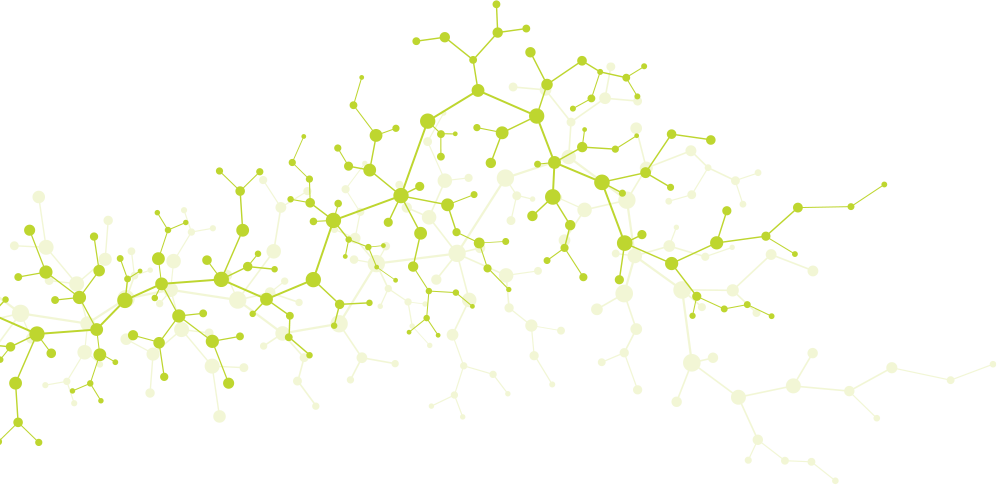NeuroLife Blog
Is social pollution and workplace stress killing you?
Thanks to science and public awareness, we know environmental pollution from industry harms our health. Same goes with tobacco. But did you know “social pollution” is just as harmful? Social … Read More
Autism prevention begins before you conceive
If you are planning to conceive a child, it’s worth paying attention to the factors that contribute to the autism spectrum disorders — science shows many of them begin preconception. … Read More
Optimizing your body’s best defense against toxins & degeneration
You’ve heard antioxidant foods and supplements can help fight inflammation and protect you from toxins, but the most important antioxidant is one we make in our own bodies: glutathione. Unlike … Read More
How a high-sugar diet can gender bend your brain
Have you noticed how as some people get older they take on the characteristics of the opposite sex — men develop breasts and cry at movies and women bald and … Read More
Cholesterol, good fats, bad fats, and heart health
Conventional medicine is slowly admitting that instead of fat, sugar and refined carbohydrates are the biggest sources of high cholesterol. Excess sugars and carbs drive good cholesterol down and triglycerides … Read More
No more egg shaming; cardiovascular risks unfounded
For years we’ve been warned the cholesterol in eggs raises the risk of cardiovascular disease, however new research shows that in people with pre-diabetes and Type 2 diabetes, eggs do … Read More
Treating gut bacteria vital for brain & spinal cord injury
The focus on recovering from brain and spinal cord injuries is rest and rehabilitation, but research is showing another vital aspect of optimal recovery: Treating your gut bacteria and healing … Read More
Effects of complaining versus gratitude on brain health
Perhaps the most fascinating aspect of the brain compared to other organs in the body is how readily it changes and evolves based on how we treat it. For instance, … Read More
NSAIDs — the dangers and the alternatives for pain
According to the National Institutes of Health, nearly 50 million American adults have chronic pain or severe pain. The conventional medical model teaches us to reach first for medication to … Read More
Chronic viruses linked to inflammatory diseases
The Epstein-Barr virus infects more than 90 percent of people in the United States by the age of 20. At least one in four of those infected will develop the … Read More

